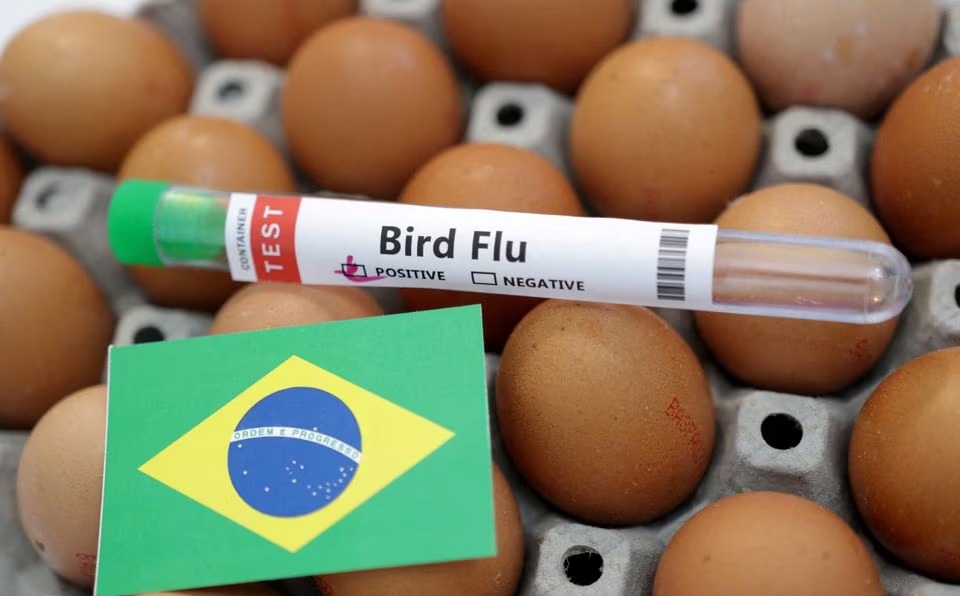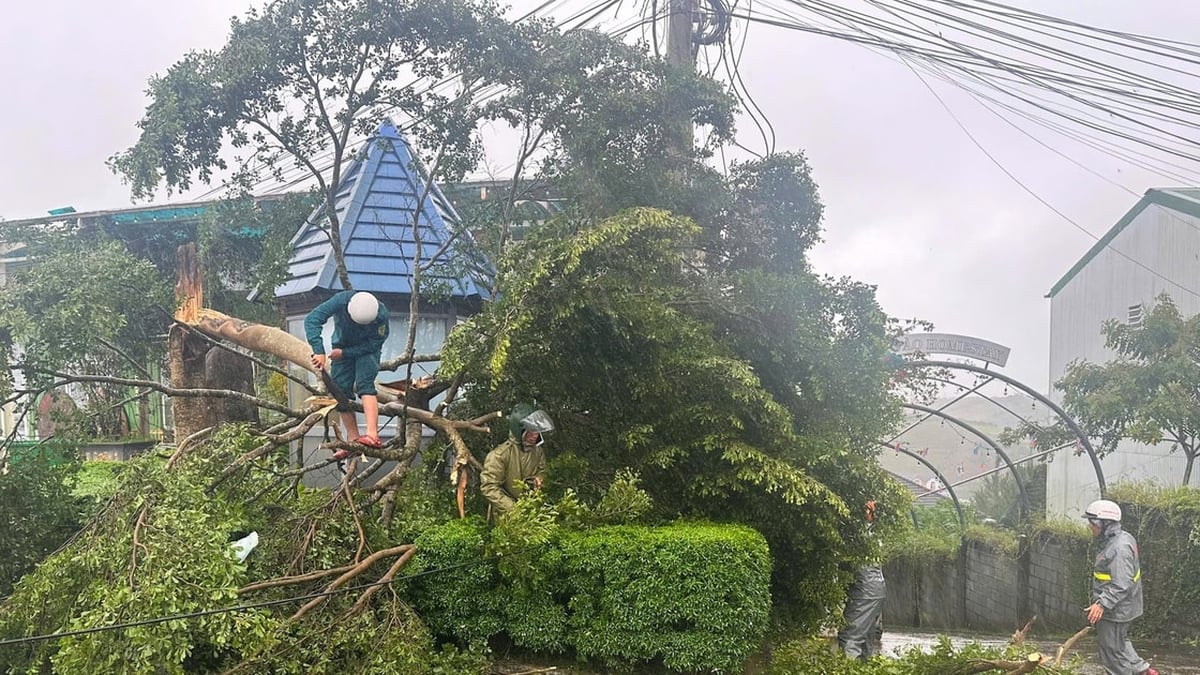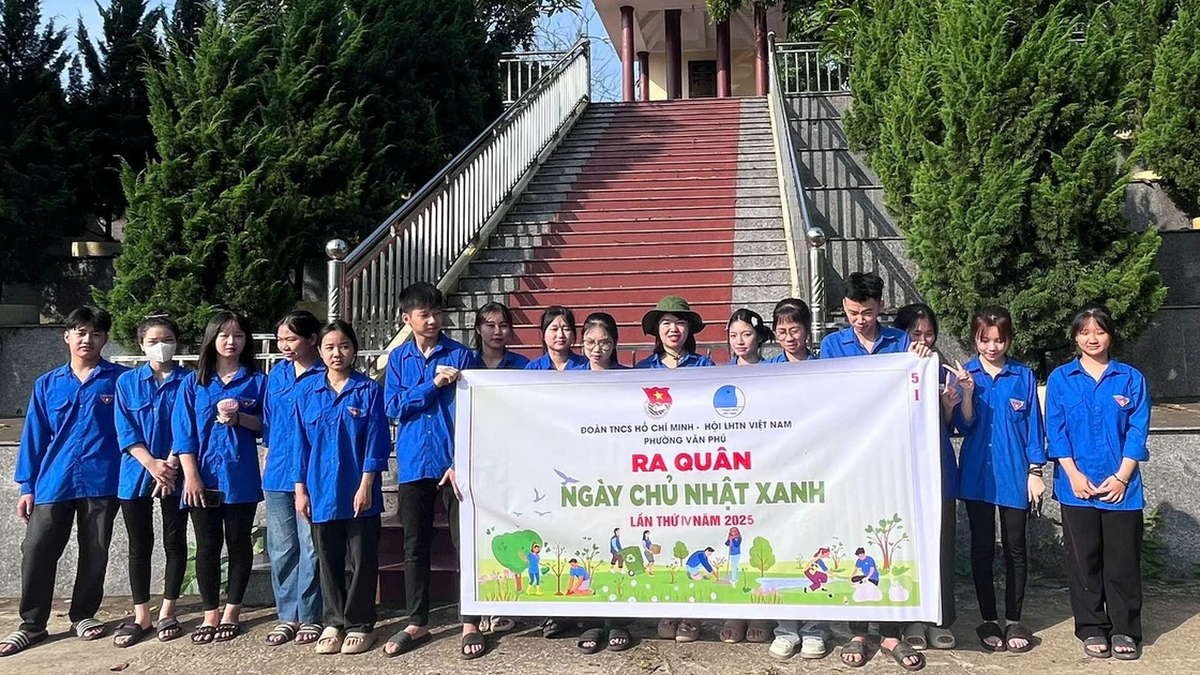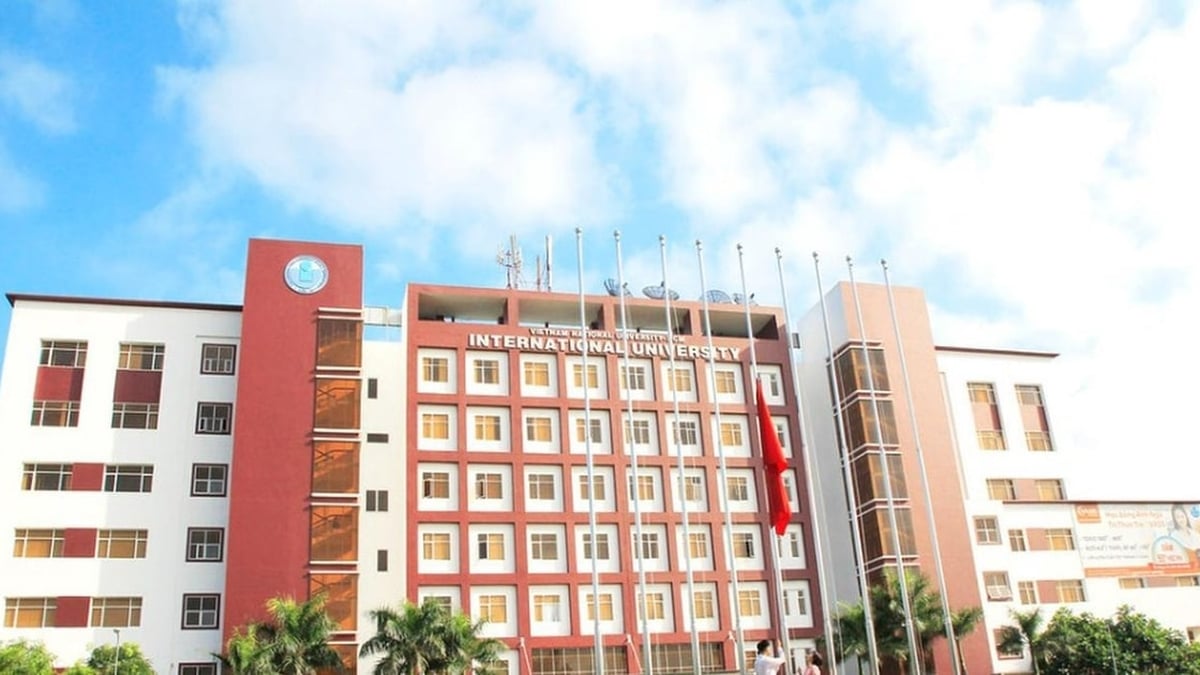Infection with the H5N1 subtype of avian influenza in wild birds does not prohibit trade, according to guidance from the World Organization for Animal Health. However, a case of avian influenza on a farm often results in the culling of the entire flock and can trigger trade restrictions from importing countries.

Photo: Reuters
Brazil is the world's largest exporter of chicken meat, with sales of $9.7 billion last year. So far, Brazil has confirmed five cases of H5N1 in wild birds, including four in Espirito Santo state and one in Rio de Janeiro state.
Three of the four cases in Espirito Santo were confirmed in coastal cities of the state while one was not, suggesting the risk of inland transmission has increased.
Although Brazil's main meat-producing states are in the south of the country, Brazilian authorities remain vigilant after the cases were confirmed, as bird flu in wild birds has spread to commercial flocks in several countries.
Shares of Brazil-based BRF SA, the world's largest chicken exporter, rose 3.6% ahead of the government announcement and ended the day down 0.5%.
Over the weekend, Brazil's Health Ministry said that samples from 33 suspected human cases of bird flu in Espirito Santo, where Brazil confirmed its first cases in wild birds last week, tested negative for the H5N1 subtype.
Two other suspected cases are still under investigation, authorities said. There have been a few human cases of H5N1 around the world, most recently in Cambodia and Chile.
Recently, the World Organization for Animal Health (WOAH) also called on countries to consider vaccinating poultry to avoid the spread of the pandemic, after the disease killed hundreds of millions of birds, poultry and mammals worldwide.
Hoang Anh (according to Reuters)
Source




























![[Photo] National Assembly Chairman Tran Thanh Man visits Vietnamese Heroic Mother Ta Thi Tran](https://vphoto.vietnam.vn/thumb/1200x675/vietnam/resource/IMAGE/2025/7/20/765c0bd057dd44ad83ab89fe0255b783)





































































Comment (0)